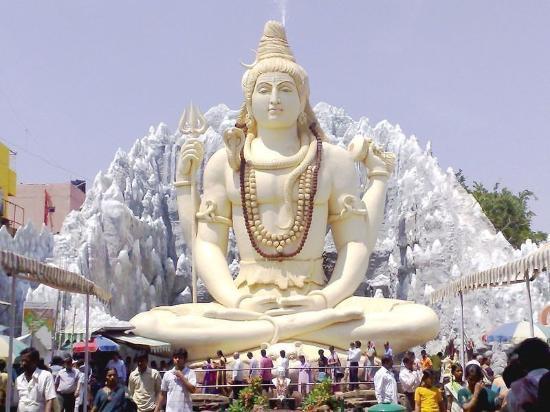What Is Sivaratri, Significance And Benefits

The Festival of Sivaratri or Mahasivaratri has tremendous significance in Hinduism. The vedic scriptures state that ritual worship of Lord Shiva on Sivaratri festival that falls on the 14th day of the dark fortnight in the month of Phalgun pleases Lord Shiva the most.
Devotees observe day and night fasting on Sivaratri and give sacred bath or Abhishekham to Sivalingam with honey, milk, sacred ash and water. Hindus consider it extremely auspicious to worship Lord Shiva on a Shivaratri as it is believed that worship of Lord Shiva with devotion and sincerity absolves a devotee of past sins. The worship is said to liberate a soul from the cycle of birth and death and attains moksha or salvation.
When To Celebrate Sivaratri
Auspicious festival of Mahashivaratri falls on the 13th or the 14th night of the new moon during Krishna Paksha in the Hindu month of Phalgun. Hindu devotees believe Sivaratri purifies the soul, mind and body. In fact Sivaratri is observed every month of the year on different dates and it is called Masik Sivaratri or Maasa Sivaratri. Masik Sivaratri occurs on the Chaturdashi Tithi of each month during Krishna paksha. And the Sivaratri that occurs in the Magha month of the year is called Maha Shivaratri.
Benefits Of Worship on Mahasivaratri
There are innumerable benefits of observing fast and worship of Lord Siva on the day of Mahasivaratri. Some of them may include healing health-related issues, unlimited happiness, love, career advancement, getting rid of enemies, getting strength to fight against various fears and phobias.





